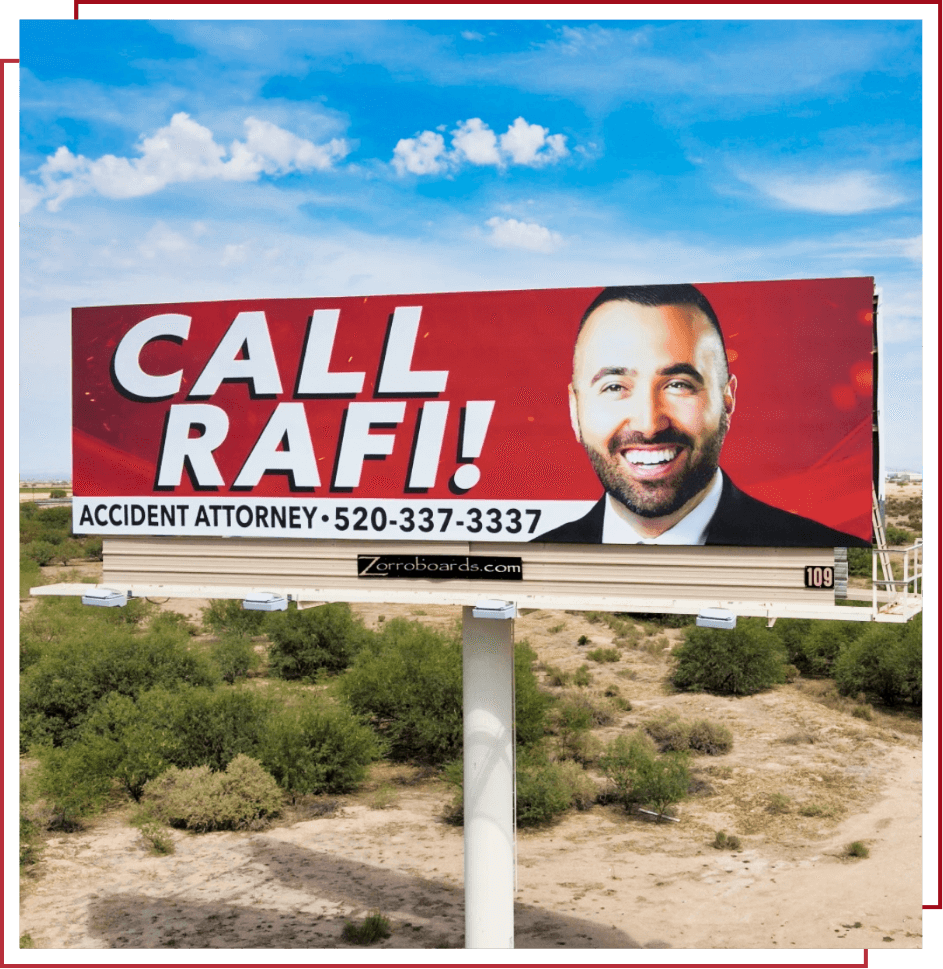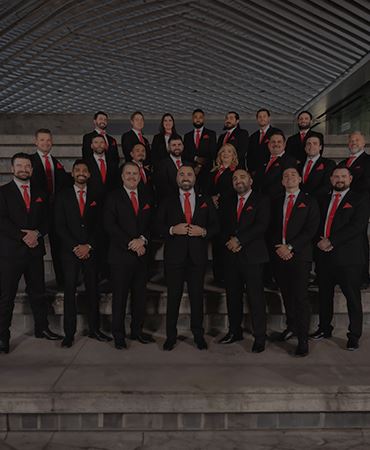
Motorcycle Accidents

Tucson Motorcycle Accident Lawyer
Motorcycle Accident Statistics in Tucson
Motorcycle accidents pose unique dangers and risks compared to other types of vehicular accidents. While motorcycles offer a sense of freedom and exhilaration on the open road, riders are more vulnerable to severe injuries due to the inherent lack of protection.
At Rafi Law Group, we understand the unique challenges and complexities that come with motorcycle accidents. If you or a loved one has been involved in a motorcycle accident in Tucson, Arizona, our team of experienced and dedicated lawyers is here to help you navigate the legal process and fight for the compensation you deserve.
Call (520) 217-7744 or fill out our online contact form today to request a free consultation.
Common Causes of Motorcycle Accidents
A motorcycle accident refers to any incident involving a motorcycle, either with other vehicles or in isolation, that results in damage to property, injury, or loss of life. These accidents can occur for various reasons, but they are often caused by negligent drivers.
Here are some of the common causes of motorcycle accidents involving motor vehicles:
- Left-Turning Vehicles: One of the most prevalent causes of motorcycle accidents involves other vehicles making left turns. Motorcycles may be obscured from the view of a turning driver, leading to collisions when the motorcycle is traveling straight through an intersection or attempting to overtake the turning vehicle.
- Lane Changes and Merges: Motorcycles can be easily overlooked during lane changes or merging maneuvers. Drivers may fail to check blind spots adequately, leading to collisions when changing lanes or merging onto highways.
- Rear-End Collisions: In some cases, motorcycles may be involved in rear-end collisions with other vehicles. Motorists following too closely or distracted drivers may not have sufficient time to react to a slowing or stopped motorcycle, resulting in a rear-end collision.
- Failure to Yield Right of Way: Motorcycle accidents can occur when other motorists fail to yield the right of way to motorcycles, especially at intersections. This can happen during turns, merges, or when a motorist enters a roadway from a side street or driveway.
- Distracted Driving: Distractions such as texting, talking on the phone, or adjusting in-car entertainment systems can divert a driver's attention from the road. Distracted drivers are more likely to overlook motorcycles, increasing the risk of accidents.
- Speeding: Excessive speed is a significant factor in many motorcycle accidents. Speeding reduces a driver's reaction time and increases the severity of collisions. Motorcyclists can be particularly vulnerable to high-speed accidents due to their lack of protective barriers.
- Driving Under the Influence (DUI): Motorists operating under the influence of alcohol or drugs pose a serious threat to themselves and others on the road. Impaired judgment, reduced coordination, and slower reaction times can lead to accidents involving motorcycles.
- Sudden Stops: Motorcycles may be involved in accidents when other vehicles make sudden stops or decelerate unexpectedly. Motorists who do not anticipate the presence of a motorcycle may be unable to stop in time, leading to rear-end collisions.
- Unsafe Lane Splitting: Lane splitting, where motorcycles navigate between lanes of slow-moving or stopped traffic, can be dangerous if not done cautiously. Motorists may not anticipate motorcycles passing between lanes, leading to side-swipe collisions.
- Inexperienced Drivers: Inexperienced drivers may struggle to accurately judge the speed and distance of motorcycles, increasing the risk of accidents. Novice drivers may also lack the skills needed to share the road safely with motorcycles.
Legal Challenges Motorcyclists Face
Bikers often face unique legal challenges when filing a motorcycle accident claim due to various factors that distinguish motorcycle accidents from other types of vehicular incidents. These challenges can complicate the claims process and impact the outcome of legal proceedings.
Here are some of the legal challenges that motorcyclists may encounter when pursuing a motorcycle accident claim:
- Bias and Stereotypes: Motorcyclists may encounter bias and stereotypes that can influence perceptions of fault in an accident. There is a common misconception that motorcyclists are inherently reckless or engage in risky behavior, which can unfairly affect the assessment of liability.
- Severity of Injuries: Motorcycle accidents often result in more severe injuries compared to other vehicular accidents due to the lack of protective barriers for riders. Insurance companies may dispute the extent of injuries, leading to challenges in obtaining fair compensation for medical expenses, rehabilitation, and long-term care.
- Limited Insurance Coverage: In some cases, motorcyclists may face challenges in obtaining adequate insurance coverage. Some insurance policies may have lower limits for motorcycle accidents, potentially leaving riders with insufficient compensation to cover their damages.
- Negligence Defense: Defendants and their insurance companies may attempt to argue that the motorcyclist was partially or fully at fault for the accident. Proving negligence on the part of another driver becomes crucial for motorcyclists to establish liability and pursue compensation.
- Helmet Use and Comparative Negligence: Helmet use is a contentious issue in some jurisdictions. Defendants may argue that the motorcyclist's failure to wear a helmet contributed to their injuries, even if helmets are not legally required. This can impact the assessment of comparative negligence and the overall damages awarded.
- Visibility Issues: Motorcycles can be less visible on the road, especially in blind spots or adverse weather conditions. Defendants may claim that they did not see the motorcyclist, shifting the blame and complicating the determination of liability.
- Road Design and Hazards: Road design and hazards can play a significant role in motorcycle accidents. Defendants may argue that poor road conditions or inadequate signage contributed to the accident. Determining liability in such cases requires a thorough investigation and may involve government entities responsible for road maintenance.
- Challenges in Gathering Evidence: Gathering evidence after a motorcycle accident can be challenging. Unlike cars equipped with black boxes, motorcycles typically lack such devices. Additionally, skid marks and other evidence may be less evident, making it crucial to document the scene promptly.
- Pre-existing Bias in Legal System: Motorcyclists may face pre-existing bias in the legal system, affecting how judges and juries perceive their claims. Overcoming these biases and presenting a compelling case becomes essential for a successful outcome.
- Insurance Bad Faith: Motorcyclists may face challenges with insurance companies engaging in bad faith practices, such as delaying claims, undervaluing damages, or wrongfully denying valid claims. Recognizing and addressing insurance bad faith requires legal expertise.
Navigating these legal challenges requires the assistance of experienced motorcycle accident attorneys who understand the intricacies of such cases. Motorcyclists should seek legal representation to ensure their rights are protected and to build a strong case that addresses the unique aspects of motorcycle accidents.
Why Choose Us?
Our firm specializes in motorcycle accident cases, and we have a proven track record of success in representing clients who have suffered injuries due to the negligence of others. We understand the intricacies of Arizona's motorcycle accident laws and use our expertise to build strong cases for our clients.
Our team also knows the local roads, traffic conditions, and the legal landscape specific to motorcycle accidents in Arizona. This local knowledge allows us to provide personalized and effective legal representation tailored to the unique circumstances of your case.
Our skilled negotiators engage with insurance companies and other parties to seek a fair and just settlement on your behalf. If a fair settlement cannot be reached through negotiation, we are prepared to take your case to court.
Contact us today at (520) 217-7744 to let us get started on your case.




